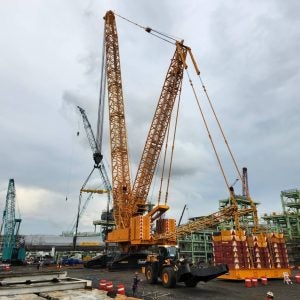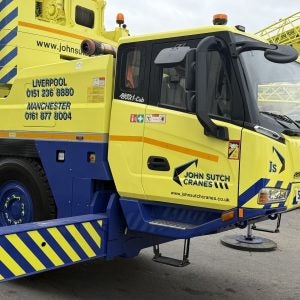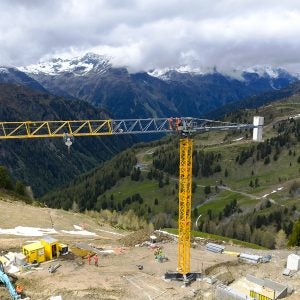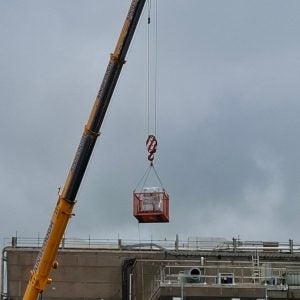
Managing director Steve Hutin is looking to raise the percentage of business gained from inspection work across the company’s six UK-based depots.
Approximately 25% of the firm’s current revenue is generated by Lifting Operations and Lifting Equipment Regulations 1998 (LOLER) and other specialist testing / inspection activity. A small team of professionals currently fulfills such duties, but RSS is investing in their skillsets and training additional personnel in line with increasing demand. The employees who took the latest refresher course are all Lifting Equipment Engineers Association (LEEA) qualified.
“We test and inspect all types of cranes and rigging gear” said Hutin, “but we also carry out specialist tests on items used in the nuclear or construction sectors. Further diversification will inevitably lead to greater demand. And as customers place repeat business and we earn work via word of mouth, we must ensure we are equipped to respond to enquiries.”
RSS has locations in Heathrow, Aylesford, Rotherham, Warrington, Grangemouth and Bridgend, the company’s de facto headquarters. Hutin said the geographical spread—he wants 10 sites one day—allows the company to tailor equipment and services to the lifting activities of a region.
Hutin explained: “We are very strategic about where we locate our depots. We understand the importance of location to our customers, who often find peace of mind in working with local suppliers that offer back-up equipment and service a short distance from their jobsite. It works the same with testing and inspection: all our sites are involved in a similar volume of inspection activity, but the work itself varies greatly. In London, major projects like super sewers demand our services, while in Rotherham it is nuclear and heavy engineering and in Wales it will be steel.”
Hutin acknowledged that, while testing and inspection aligns with company policy to play an integral role in making the industry safer, there is a strong business case for growing the percentage of inspection work. Charging per item, for a contract, or daily, depending on a customer’s preference, RSS can generate income without sourcing, manufacturing, shipping, or maintaining product that erodes profit margin.
“End users are becoming more wise not only to periodic testing and inspection, but the requirement to visually examine lifting and rigging gear before each use” he says. “While our LOLER-based work is typically tied to six-monthly inspections, if an item is in regular use or even 24/7 operation, a risk assessment specific to that place of work should state a requirement for shorter inspection periods, say, every three months.”
RSS is also welcoming increased demand for a range of courses covering key areas of interest to end users of lifting equipment. The courses are developed by LEEA members and are then audited and accredited by the association. Member companies such as RSS present them to an agreed syllabus and timescale.






